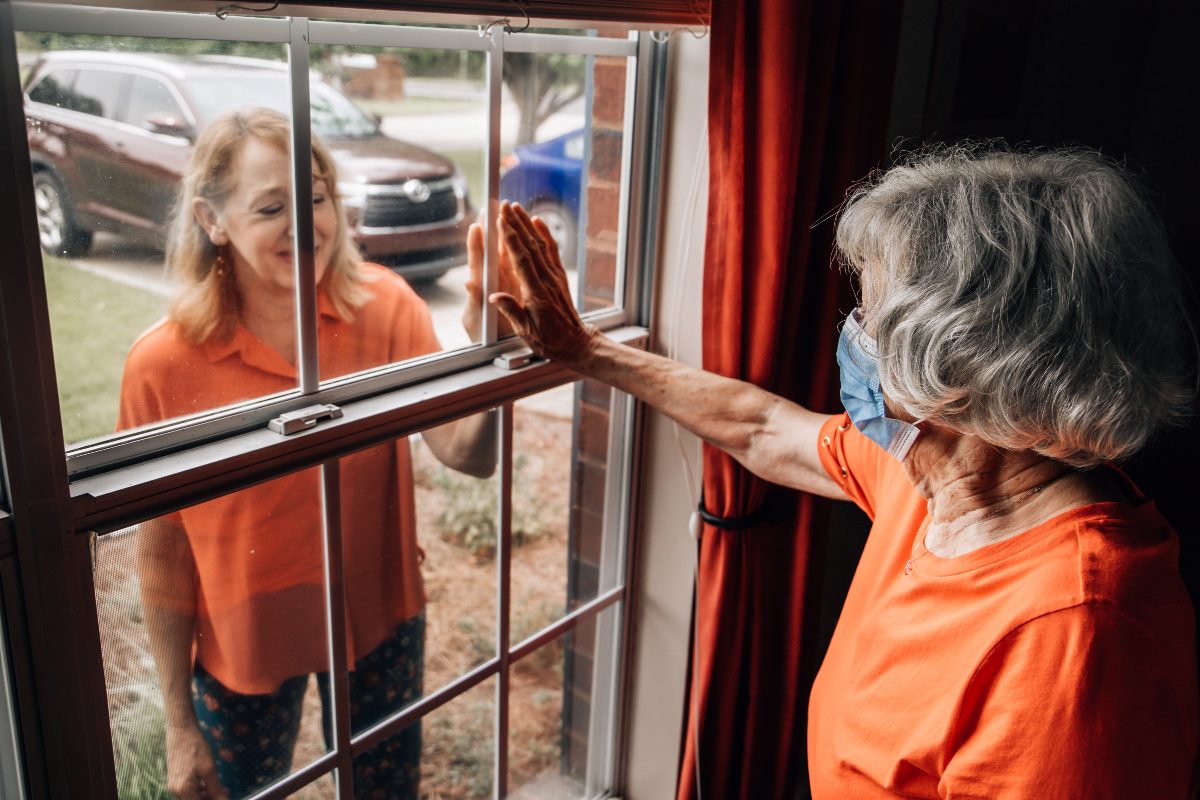
So, why have nursing home residents been severely impacted by COVID-19? The issues stem from a substandard quality of care and a lack of proper infection control procedures. Let’s take a more in-depth look at how COVID-19 has affected nursing home facilities below.
Ongoing Care Problems Aggravated by COVID-19
Understaffing and patient safety are already common issues facing the nursing home industry. Factor in the shortage of personal protective equipment and stress amongst caregivers; unquestionably, nursing home residents are in great danger of neglect. While many organizations and government programs are responsible for enforcing safety standards in nursing home facilities, social distancing and lockdowns have made monitoring what goes on behind the scenes extremely difficult.
Nursing Home Facilities Particularly Vulnerable to COVID-19
COVID-19 is particularly dangerous for adults and seniors. The risk of severe illness increases with the existence of underlying medical conditions such as heart disease, asthma, and diabetes. The fact that nursing home residents need to be in close contact with caregivers and live in a community setting makes them significantly vulnerable to COVID-19.
The problem is that some people infected with COVID-19 may not show any signs of illness, but that doesn’t mean they aren’t transmitting the virus to others. This issue introduces another complication: inadequate infection control in nursing homes.
Issues in Infection Prevention in Nursing Homes
When COVID-19 worsened in March, several nursing homes put residents in immense danger by not implementing an infection prevention plan. The main dilemma was not efficiently identifying ill patients, which led to higher rates of infected residents. Not only were residents not receiving proper attention, but nursing home staff and caregivers were also not being tested, nor were they provided with masks, gloves, and hand sanitizer.
Another notable issue surrounding infection prevention was failing to separate ill patients from others. It wasn’t until recently that the CDC recommended nursing home facilities to implement different units and wings to limit the spread.
Unfortunately, infection control is a pressing challenge. This is especially true because nursing home residents require intense care. Those running these facilities have not addressed the countless factors that contribute to the spread of COVID-19—some of those being low staffing levels, scarcity of protective resources, and insufficiency of screening tests.
Aggressive Representation for Victims of Nursing Home Abuse in NYC
The COVID-19 pandemic continues to dismantle the lives of families all over the globe. As virus cases spike, experts have warned nursing home facilities to double down on preventative safety measures. Most nursing homes have long neglected their responsibilities, but COVID-19 has pointed us toward a sad truth—that nursing homes, even those with good intentions, fail to establish and perform a reasonable standard of care.
No one deserves to be put in harm’s way because nursing homes lack necessary infection protocols. At Dalli & Marino, LLP, we believe that the inability to respond to all patient care needs appropriately qualifies as neglect. If you’re concerned that a loved one may have suffered from abuse or neglect during COVID-19, reach out to our experienced NYC nursing home abuse attorneys for help today. Call (888) 465-8790 or complete our contact form for a free case evaluation.


